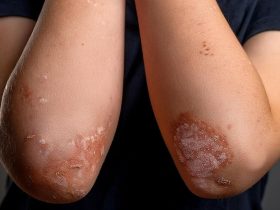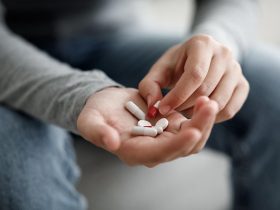Masking ‘remains recommended’ during an outbreak among patients or ‘when caring for patients who are moderately to severely immunocompromised’
MONDAY, Sept. 26, 2022 (HealthDay News) — The U.S. Centers for Disease Control and Prevention has eased its universal masking recommendation for nursing homes and hospitals, unless those health care institutions are in areas seeing high levels of COVID-19 transmission. The change is part of updated guidelines published by the CDC on Friday.
Still, due to high COVID-19 rates, only about a quarter of U.S. counties now fall under the new guidance, which would allow doctors, patients, and visitors to dispense with masks, CBS News reported.
Earlier in the pandemic, everyone was asked to wear well-fitting masks or respirators in health care settings. Later, exceptions included that visitors could “choose not to wear source control” if they had updated vaccines and were alone together with those they were visiting, CBS News reported. Another exception allowed staff who were up to date on vaccines to unmask when not with patients.
With the latest guidance, “updates were made to reflect the high levels of vaccine- and infection-induced immunity and the availability of effective treatments and prevention tools,” the new CDC guidance states. Now, masking “remains recommended” during an outbreak among patients or “when caring for patients who are moderately to severely immunocompromised.”
The CDC has been revising guidance since August, as the numbers of people hospitalized and nursing home infections have been slowing. While only 3.5 percent of Americans live in communities with what are considered by the CDC to be high levels based on hospitalization rates, health care settings must still adhere to earlier “community transmission” guidelines, which include measures for reported cases and test positivity. Using that benchmark, about 73 percent of U.S. counties are still high-risk, CBS News reported.
Though some restrictions were loosened on Friday, others were strengthened. This includes guidance that people who had a previous COVID-19 infection did not need to test for the virus if exposed within 90 days of that previous infection. Now guidance says testing “should be considered for those who have recovered in the prior 31 to 90 days.” Emerging evidence suggests people can be reinfected with omicron variants, even multiple times within a three-month period.
CBS News Article
Copyright © 2022 HealthDay. All rights reserved.







